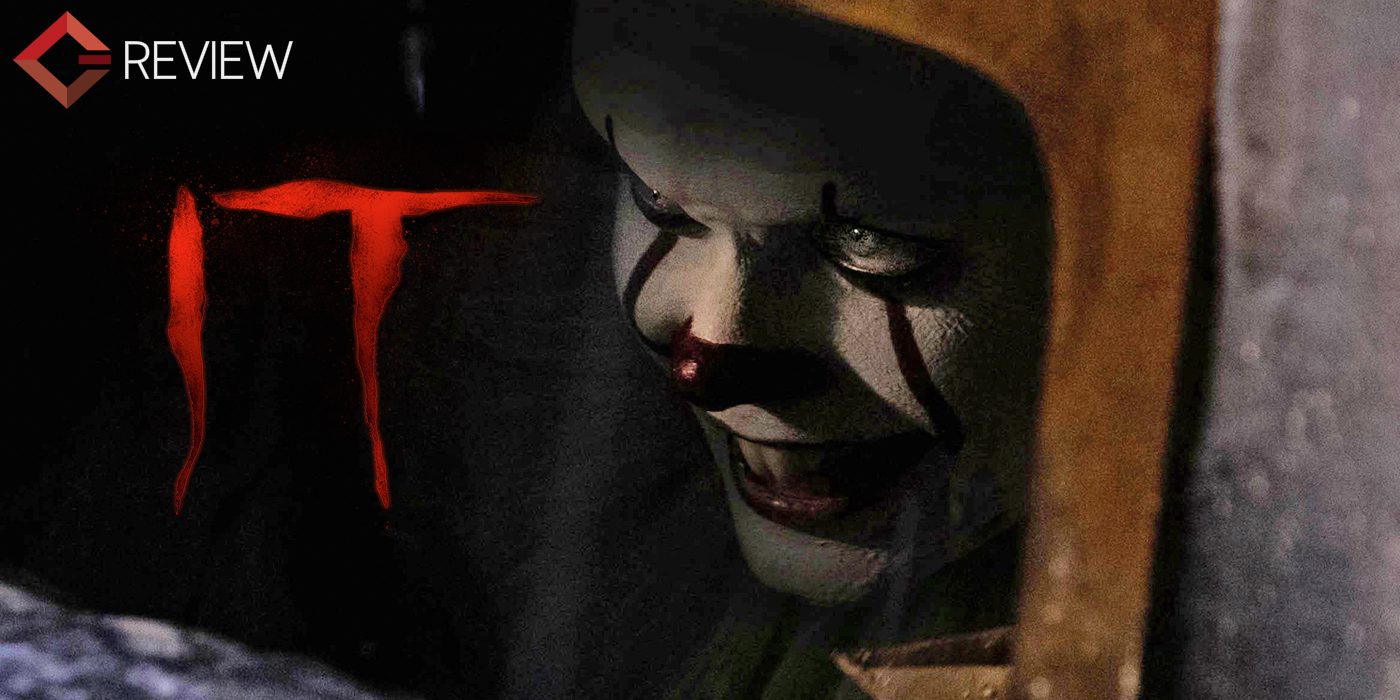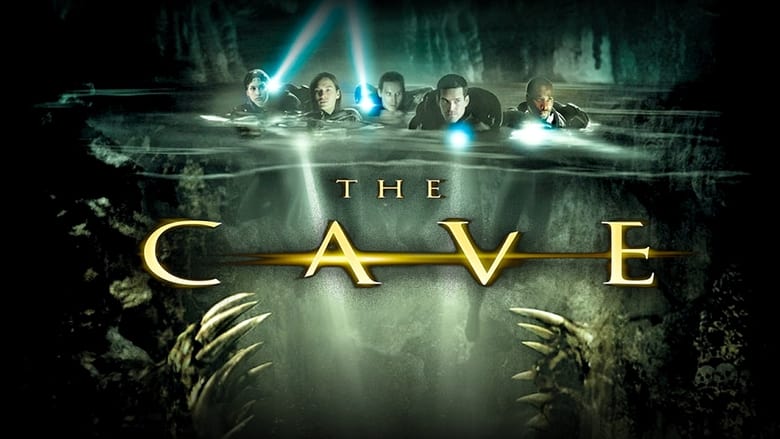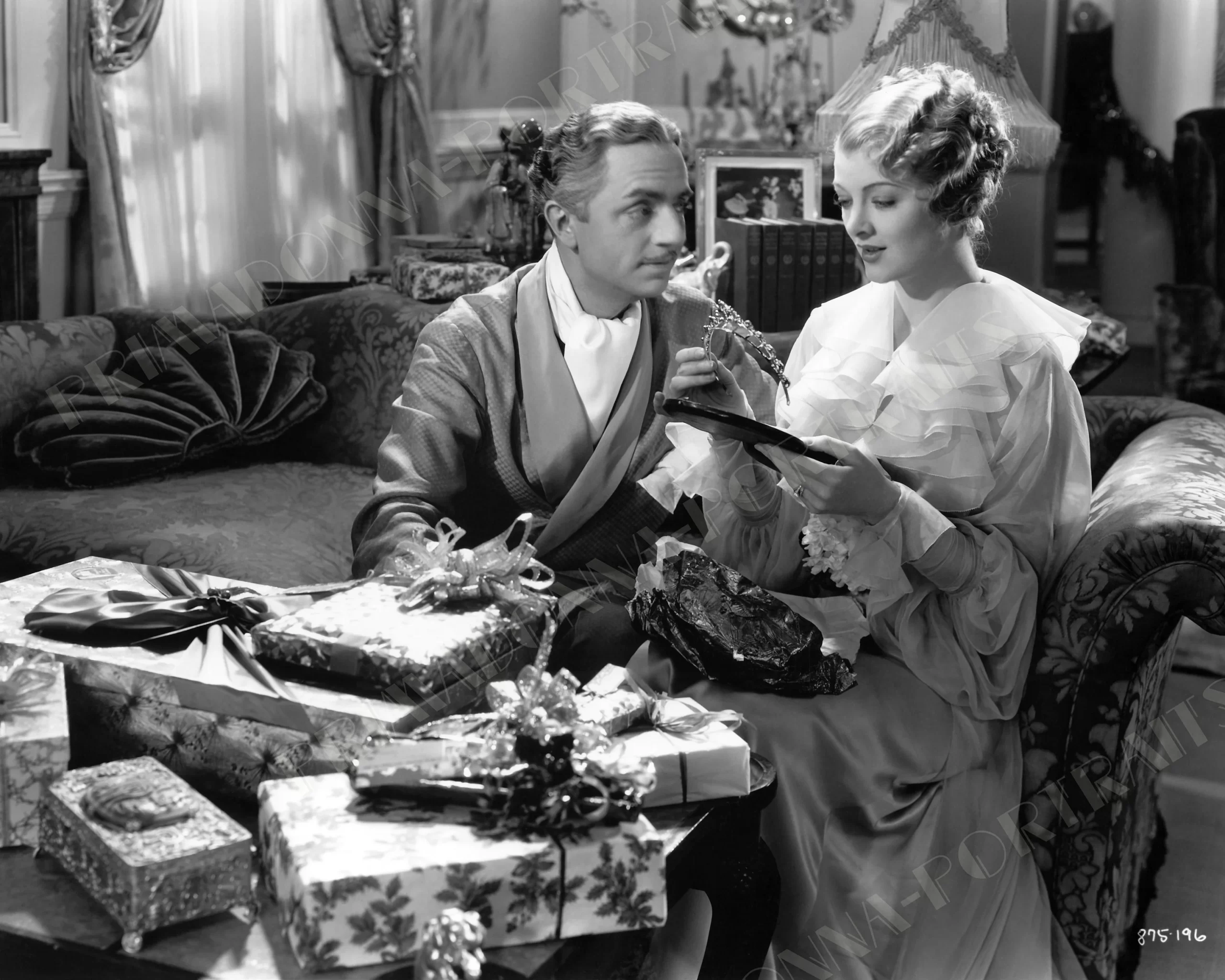It is a hard act to follow. I’m referring to both Stephen King’s massive 1986 novel, which in my estimation might be his masterpiece (or at least it’s tied with The Stand) and the 1990 miniseries, directed by Tommy Lee Wallace. The 1990 version of It is uneven, but it has enormous staying power. Due to King’s creation of Pennywise the Dancing Clown, and Tim Curry’s legendary performance of the character, It has never truly left the cultural consciousness; even before the 2017 film was released it wasn’t uncommon to hear people saying “Beep-beep, Richie” or “You’ll die if you try.” The other danger in adapting It for a modern audience is the cultural shift in what scares us. Regular old monsters are no longer scary; hell, thanks to Twilight vampires and werewolves are actually seen as sex symbols. Can a clown still be scary to today’s filmgoing public?
The short answere is “yes,” but the long answer is “yes, if you make everything more extreme.” The original script for It reportedly involved multiple rapes and bestiality. That would have been unnecessary. When Andy Muschietti (Mama) took over for Cary Fukunaga (True Detective), he wisely took the story back to its terrifying basics: a few kids, a clown, and the nature of evil and of fear itself. It operates on a cosmic, metaphysical scale, which the book makes explicit and Wallace’s miniseries hints at. Muschietti’s version is pleasingly intimate, and it works wonders because he employs a quite frankly unfairly talented cast of young actors.
At its core, It is a story about childhood, and the bonds that tie you to the first friends you ever make (two characters from It make a cameo appearance in King’s 2011 novel 11.22.63, suggesting that even he can’t shake his own bond with these characters). The only way the seven kids who make up the Losers Club have any chance of defeating It is together, stripped of their fear and buoyed by their love and friendship. A scenario like this has the potential to be a nightmarish morass of treacly overacting.
Muschietti’s cast avoids this pitfall but virtue of their sheer talent. This might be the best young cast I’ve ever seen; at the very least it’s the best one that comes to mind. Some performances are fine, if unremarkable – for instance, Jaeden Lieberher, as Bill Denbrough, is just fine in an underwritten role, but that’s not wholly his fault (King’s good guys have always been his least interesting). Sophia Lillis is wonderful as Beverly Marsh. She’s effortlessly cool, unafraid to be kind, guarded and guileless at the same time. It’s a remarkably mature performance, and it’s easy to see why Bill and Ben (Jeremy Ray Taylor) both fall in love with her.
The real revelation, though, is Finn Wolfhard (of Stranger Things) as Richie Tozier. When I heard that Wolfhard had been cast, I pegged him in the role of sickly Eddie Kaspbrak or disbelieving Stanley Uris, not as Richie, the comic relief. But Wolfhard makes the role its own, bringing real heart and dimensionality to what could have been a stock funny guy role. And that’s the most important part of this iteration of Richie: Woflhard is actually really funny. One of the major failings of the 1990 miniseries is that Richie, either as a child or an adult, is painfully unfunny, and that’s one of the best parts about this new version. Wolfhard has a way of delivering the word “fuck” that’s quite frankly enviable.
But we all know the reason It endures is because of Pennywise. Even if you forget story beats or character names, you will never forget that fuckin’ clown. Bill Skarsgard (Hemlock Grove) had the unenviable task of following Tim Curry in the role, and at age 25 to boot. Skarsgard wisely chose not to imitate Curry, instead combining Pennywise’s inherent creepiness with a childishness that is deeply off-putting. In his introductory scene, Pennywise and Bill’s brother Georgie both make popcorn noises at each other (“Pop, pop, pop!”, and hearing Skarsgard, in his Scandinavian lilt, make nonsense noises is almost funny – until it isn’t.
There’s an instant shift in his demeanor; when he stopes laughing it feels as though laughter doesn’t exist in this world anymore. Muschietti comes up with new ways for Pennywise to terrify and taunt the Losers Club, all of which are a nice update on the original. Instead of a mummy or a werewolf we get a leper or a painting come to life, both of which are horribly divorced from reality because they were never rooted in reality to begin with. To Pennywise, this all seems like part of a game, one he’s destined to win; an aspect of Pennywise that makes him so frightening is his unshakable confidence.
Muschietti proves to be more than a hired gun. He works well in shadow, and knows when to use Pennywise’s glowing eyes for maximum creepy effect. There’s an extended set piece in the second act, where the kids investigate what they believe to be It’s home, and Muschietti directs like a haunted house short film, maxing out the volume in an effort to scare us witless. It’s in this bravura sequence that the line between Pennywise and Muschietti starts to blur.
The main problem with It is that with a cast this big, some roles are bound to be underwritten. Mike Hanlon doesn’t factor into the film until well past the halfway point, which is a shame considering what a good job Chosen Jacobs does with the role. The adults are hostile to a point that beggars belief, but that’s more or less excusable because it’s kind of the point. Less forgivable is the squandering of Nicholas Hamilton as the bully Henry Bowers. In King’s book, he’s a racist, sexually confused sociopath, but in Muschietti’s film his motivation is never fully explored, and as a result he doesn’t have the impact he should. It’s too bad, because Hamilton is doing a lot with a little; he can handle more material than he’s been given, but at the end of the day this version of Henry is just a garden-variety teenage lunatic.
Those minor quibbles aside, though, I enjoyed It quite a bit. The acting is phenomenal across the board, with Lillis, Wolfhard, and Skarsgard in particular doing tremendous work. Muschietti proves to be a good fit for this material, and I have no lingering doubts about It: Chapter Two. If some of these screws are tightened, this could be a classic. As it deserves to be.
4/5







